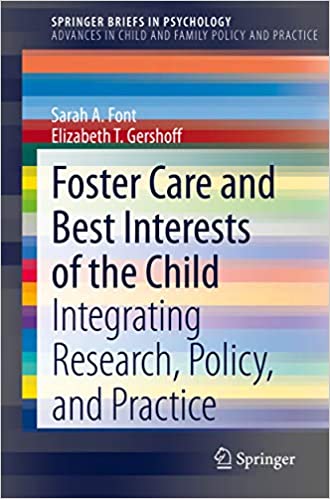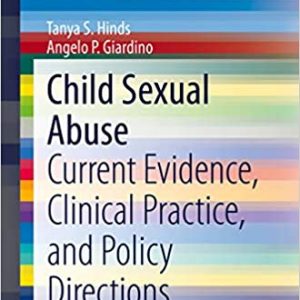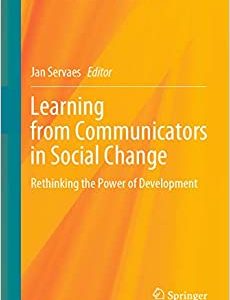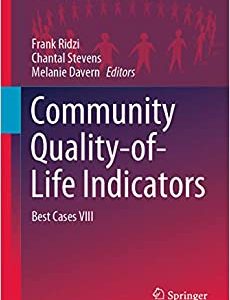This brief examines the U.S. foster care system and seeks to explain why the foster care system functions as it does and how it can be improved to serve the best interest of children. It defines and evaluates key challenges that undermine child safety and well-being in the current foster care system. Chapters highlight the competing values and priorities of the system as well as the pros and cons for the use of foster care. In addition, chapters assess whether the performance objectives in which states are evaluated by the federal government are sufficient to achieve positive health and well-being outcomes for children who experience foster care. Finally, it offers recommendations for improving the system and maximizing positive outcomes.
Topics featured in this brief include: Legal aspects of removal and placement of children in foster care.The effectiveness of prior efforts to reform foster care.The regulation and quality of foster homes.Support for youth aging out of the foster care system.Racial and ethnic disparities in the foster care system.
Foster Care and the Best Interests of the Child is a must-have resource for policy makers and related professionals, graduate students, and researchers in child and school psychology, family studies, public health, social work, law/criminal justice, and sociology.











